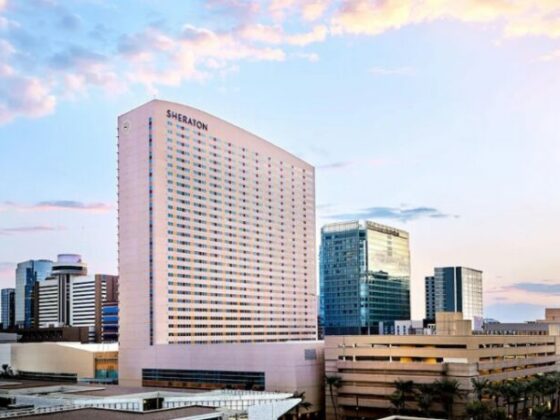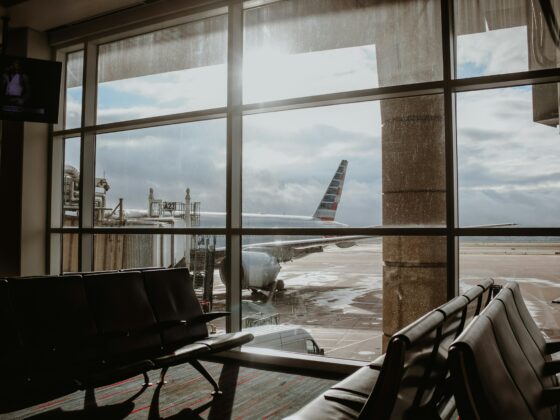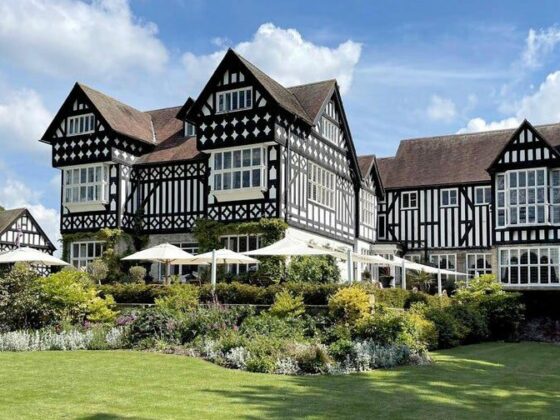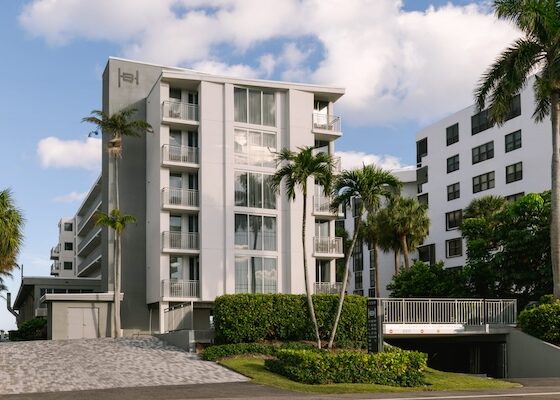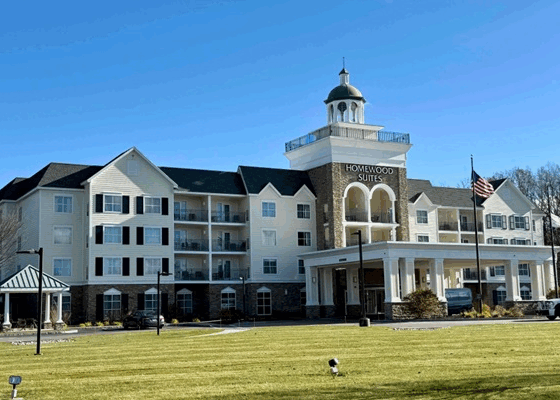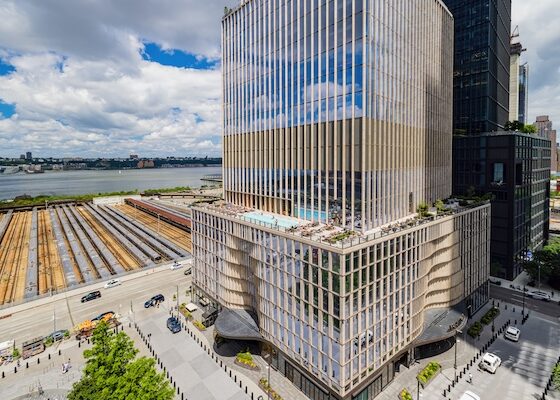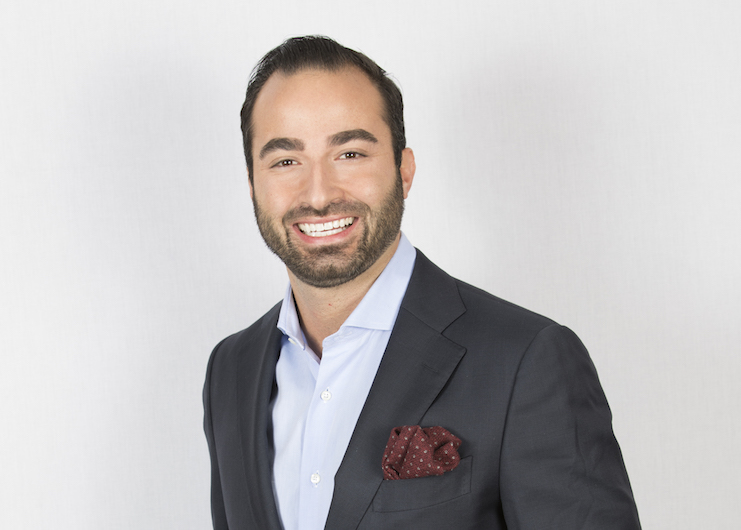
Although the hospitality industry is facing myriad challenges, companies within have continued to grow. For Meyer Jabara Hotels (MJH), expansion has not always been easy; the management company has endured the far-reaching impacts of the COVID-19 pandemic, among other concerns. However, MJH has persevered, and it has enjoyed a particularly strong 2025, which came after Griffin Hotel Management LLC merged into the company in November 2024. Nearly one year after the merger, Justin Jabara, president, Meyer Jabara Hotels, discussed with LODGING the company’s momentum and reflected on the past 12 months while attending The Lodging Conference 2025.
Jabara highlighted the merger with Griffin and called it a “wonderful deal,” describing how the two companies have joined seamlessly. “Just from a culture standpoint, from an asset standpoint, from a human capital standpoint, we brought everybody on. We were able to integrate them in 90 days. It was fast. We hired everybody. They’ve taken to our culture. The principals wanted to stay and help us, it has been wonderful to grow together. This was great. It was a big win. That was a nice little shot in the arm in the size of portfolio,” Jabara shared.
Through the merger, Meyer Jabara Hotels expanded its portfolio by double digits, with Jabara stating that the company added 10-12 properties. He pointed to several new additions, including the Courtyard by Marriott Clemson in South Carolina (in partnership with Pappas Hotels), as well as the rebranding of The William Fell, Tapestry Collection by Hilton, as key examples of the development throughout 2025. Beyond this growth, MJH also gained human capital, and Jabara emphasized that great individuals joined the team.
While acknowledging the headwinds that the entire industry has faced, Jabara said that MJH was unable to buy more properties, but the company still enjoyed a great year. Jabara expressed that 2025 was arguably one of MJH’s best years ever, even while battling inflation and waning RevPAR growth. However, he explained how the company’s recent success has come at a time when the margins continue to decline.
“We started seeing it on the bottom line below the GOP, with insurance and financing costs,” Jabara said. “Now, it’s totally built within our operating model. Many of our markets are flat, and expenses are not, so it’s margin deterioration year over year. Cash flows are behind, and so we’re spending a ton of time looking at our operating model and driving down costs because there’s nowhere to go on the top line. We have had some success in finding revenue in atypical ways, [like] charging for parking where we never charged for parking before. But I also think you’ve got to be careful with your customers. That’s a big thing as we get into budget season.”
Given MJH’s strong performance in 2025, building on that momentum into 2026 should be a given. But Jabara noted that the overall economy is forcing the hospitality industry to evaluate the way that hotels operate as expenses are rising, thus cutting into profits.
“It is extremely clear that the operating model of hotels is being tested, and it’s faltering,” Jabara said. “Hotels are not made to have negative cash flow year on year. You need growth, and that’s just what the model is turning out to be, whether it’s full service, select service, or boutique. So that’s a big part as we get into budget season, driving expenses down. We’re spending a lot of time looking at our management product and what our GMs do and what they spend their time on, and trying to look at it like a fresh slate and say, ‘If we were to take this hotel over tomorrow, how would we run it?’ It’s amazing, as we take over hotels, the efficiency we’re finding in these assets. It’s been a good year, I’m happy with the growth, and we have some nice stuff in the pipeline, but it’s not going to be an easy year for the hotel industry. The model is broken, and I think that’s going to create a lot of pain across the board.”
Jabara explained that with rising insurance fees and operating costs, as well as wages and other expenses, RevPAR growth hasn’t been keeping up with these increases, which is why many hotels have a negative cash flow. With this dynamic in mind, Jabara thinks management companies could benefit from optimizing accounting and using technology, including AI, to run more efficiently.
Jabara expressed optimism about embracing change across the board in the hospitality industry, which can prove vital to future success. He added, “I think the companies that are successful finishing out this year and competing next year and beyond are the ones who can truly embrace change and adapt, whether it’s technology or just different operating models… It’s going to be an interesting year.”


